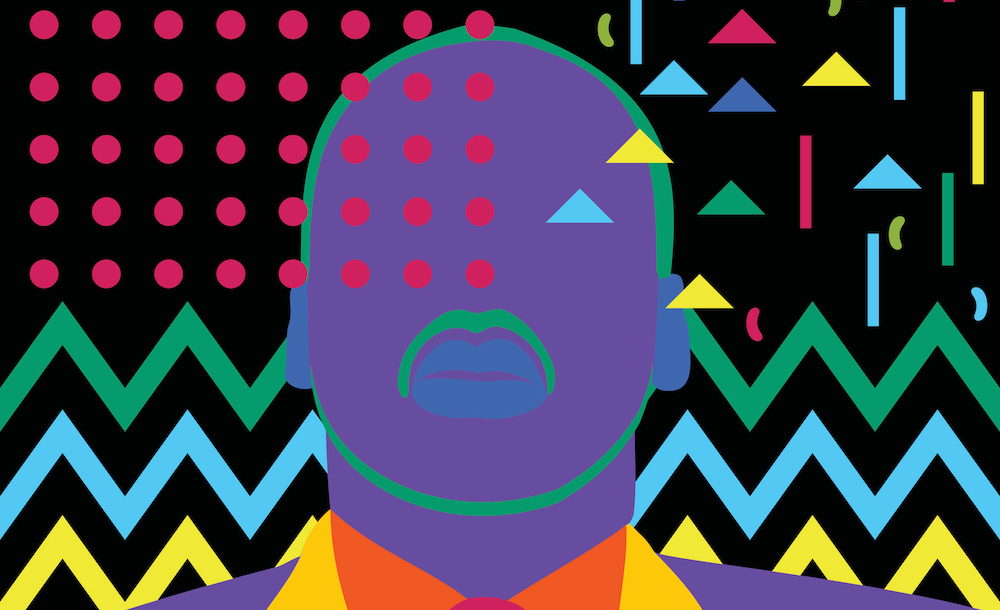| contributed by Dr. Ross Edwards, Dean of Academic Affairs for the Traditional Undergraduate Program and Associate Professor of History & Political Science |

On Monday, January 16th, Albertus Magnus College held its third annual Dr. Martin Luther King, Jr., Teach-In Day. As in past years, the events this year were focused on understanding the legacy of Dr. King, and the urgency and power of civil rights movements in the United States and throughout the world. This year, we were fortunate enough to have two invited guest speakers and a faculty and staff panel event.
The first speaker, Dr, Christy Hyman, Assistant Professor of Geography and African American Studies at Mississippi State University, gave a talk entitled “Freedom’s Scene.” In the talk, Dr. Hyman reflected on the life of Dr. King, with a focus on the significant events of his life that became indelibly linked to the Civil Rights movement. Rather than seeing those events as merely historical episodes in a book or in a museum display, Dr. Hyman urged us to see these events as tangible things alive in the present and to consider “how our landscape today is still brimming with the legacy of the struggle for equality.” From Civil Rights monuments to the Edmund Pettis bridge, these events are still present and with us.
Ultimately, this should serve as a reminder that the struggle for Civil Rights is an ongoing project, and that ‘living history’ should encourage us to continue the fight for rights, equality, and respect. This was a very timely talk, given how powerful the debate around monuments, statues, and memorials has been for the last several years. Dr. Hyman’s talk reminds us that things like statues and monuments are not just history, but their presence has an impact on us today. What we choose to memorialize, and how we choose to memorialize things, says as much about us in the present as it does anything about our past, our history, or our culture.
Our second speaker, Dr. Robert Greene II, is an Associate Professor of History at Clafin University, the oldest HBCU in the state of South Carolina. His talk, entitled “Martin Luther King, Jr. and Rethinking American History”, focused on how Dr. King “utilized public speeches and writings to push Americans to rethink the place of Black people in American history”. Rather than remain content with the traditional telling of American history that largely rendered invisible the place and importance of Black people, Dr. Greene argued that Dr. King and other Civil Rights leaders strove to create a “Black useable past” that “returned” Black people to the historical record of the United States. This forced people to “think critically – and holistically – about their past” and recognize the true complexity of our own historical past. This talk, while focusing on historical events, was also quite pertinent to today. We are again seeing major political fights over school history curriculum: what should be added, what should be left out, and what should be taught to students in this country. Again, sadly, much of this debate centers on the place of Black people (and Black history more generally) in our national history curriculum. This is a reminder that the fight for inclusion, the fight for respect, and the fight for justice extend to the histories that we tell ourselves, that we teach ourselves, and that we hold up as a part of our “national identity.” The French philosopher Ernest Renan reminds us that a nation is made up of a collection of “memories in common” so the fight over our history and memory can actually be seen as a fight over how we define ourselves as a nation in the present: what we prioritize, and what we marginalize. Here as well, the stakes are very high.
The last event of the day was a panel discussion on the legacy of Dr. King’s famous “I Have A Dream” speech, which he delivered 60 years ago this year. The panel, made up of faculty, staff, students, and alums of Albertus Magnus College, came together and demonstrated that this speech is more than just an historical artifact (are we sensing a pattern yet?) but is still very much a call to action in the present; as much of what Dr. King was calling for has not yet been realized. The panel was a great reminder that his dream is, as yet, unfulfilled. Furthermore, if we are to achieve meaningful justice, his dream must become our dream, his mission must become our mission, and his struggle (that he laid down his life for) is one that we must pick up and carry forth. Rather than be content with the soothing words “I have a dream,” we must see that speech as calling each of us to look around us and ask the always important question, “what is left to be done?”
Teach-In Day at Albertus Magnus College is one of the many opportunities students have to learn experientially. They allow students, faculty, and staff to leave the four walls of a “traditional” classroom and engage in discussions about matters of topical relevance. Dr. King was never awarded the title of “professor;” however, he’s regarded as one of the greatest teachers of all for his work in Civil Rights, inspiring generations. In 1947, he stated “The function of education is to teach one to think intensively and to think critically.” On January 16, 2023, Albertus fulfilled this “function of education” and gave our community a better understanding of Dr. King and his legacy.
Read more about Albertus’ celebration of Black History Month and its Black Excellence 365 initiative at albertus.edu/black-history-month.
